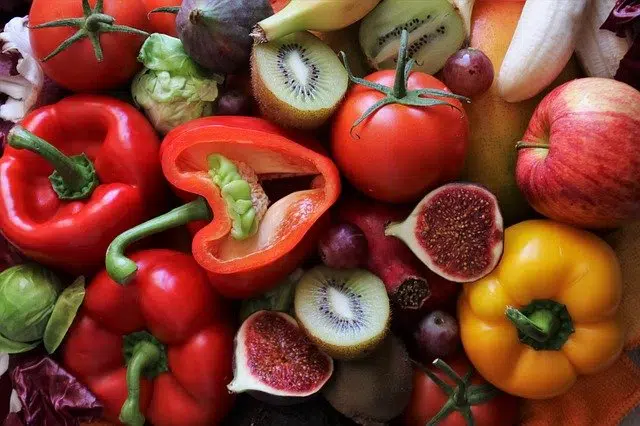
Variety is a characteristic of the set formed by different elements.
From the Latin variĕtas , variety is the property of that which is various (unequal, dissimilar, dissimilar, uneven, heterogeneous). Variety, therefore, is the grouping of diverse elements or dissimilarity in a certain unit .
For example: “At this restaurant, there is an impressive variety of food,” “You can't complain, son: you have a wide variety of games to choose from,” “Our company tries to offer the widest variety of options on the market,” “ “This store sells nice clothes, but it has no variety.”
Variety and diversity
Variety implies diversity and, therefore, expands a certain repertoire or range of possibilities. If variety does not exist, all elements are the same and offer the same benefits. That is why variety, in all areas, is positive.
In this sense, we have to highlight the existence of a popular saying that uses the term we are addressing. It's about “the variety is the joy” . In this way, with this Spanish saying, what we try to convey is that the fact that there is this aforementioned diversity is what allows any person to find in it what they like and satisfy, since not everyone has the same predilections. or tastes.

Variety is positive since it multiplies options.
A kind of show
Variety is also a show that takes place in a theater and includes numbers of different characteristics: “Your grandmother was a great figure in variety theater,” “My intention is to become a variety artist.”
The origin of what was called variety theater is actually found in the 19th century, which is characterized by including a great diversity of numbers and shows of different types in order to satisfy the tastes of all attendees. Thus, not only dances or magic were included but also dramatic performances or juggling and contortionism acts.
In this way, among the shows that are included within this variety genre we can highlight cabaret, burlesque, circus, vaudeville, music hall or revue. The latter genre, a mixture of several of these shows and musical comedy, which had its heyday in the period between the 20s and 40s, although in the case of Spain it experienced a golden time in the 70s. and 80.
One of the emblematic establishments throughout history that have become the cradle and stage of varieties is, without a doubt, the mythical Moulin Rouge in Paris.
Variety in mathematics, biology and linguistics
For mathematics , the variety is an object with standard characteristics that is part of geometry and that is responsible for generalizing the intuitive notion of surface and curve on dissimilar bodies and in any dimension.
Biology uses the notion of variety to indicate the groupings into which different species of plants and animals can be classified . These varieties are distinguished by certain characteristics that are perpetuated through inheritance .
Linguistic variety , finally, is a neutral concept that refers to the differences between speakers of the same language without entering into evaluations and leaving aside ambiguous terminologies such as dialects or languages. Variety may arise for social, geographical or other reasons.
